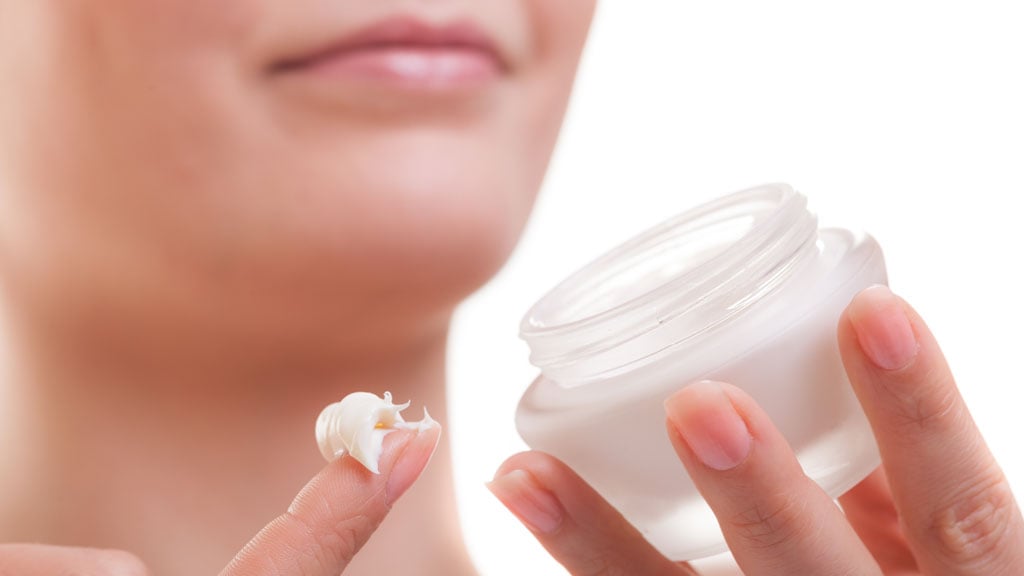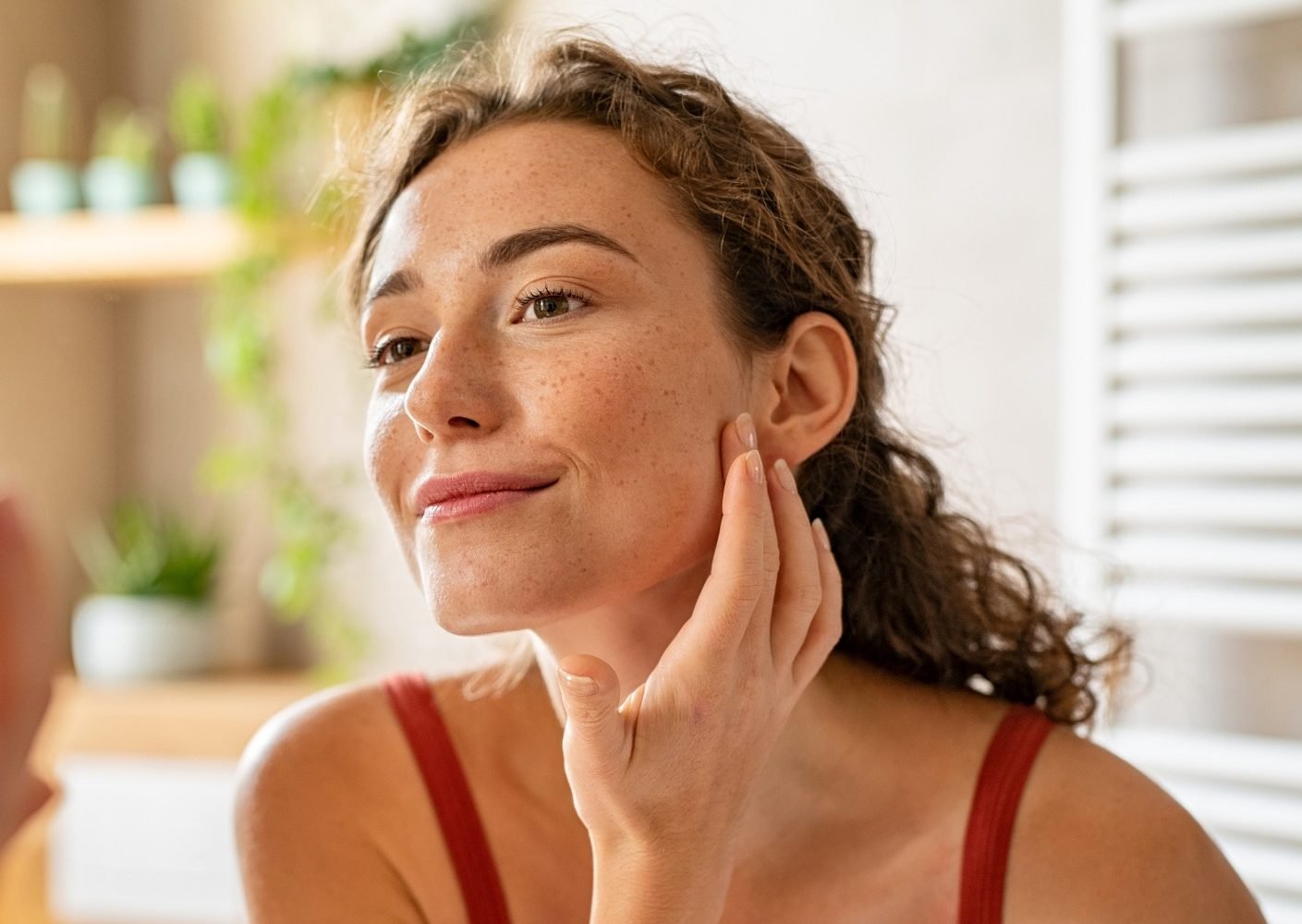As a dermatologist, patients are constantly asking: “What products should I be using on my skin?” and “How do I know what to use when there are so many anti-aging products on the market?”
Although there is a lot of confusion about skin care and marketing claims can be over the top, such as creams that claim to “lift” the skin—really?—there is a lot of good and helpful news about skin care.
First, the formulations and ingredients have greatly improved over the last decade. There are good anti-aging skin care products for every skin type, from acne-prone to super-sensitive and everything in between. Another bit of good news is that a good skin care regimen does not have to be complicated or take an hour to apply every night. Some well-chosen products used properly on a regular basis can make a difference in the look and feel of the skin.
Your Morning Routine
Start With a Cleanser
For a morning routine, I recommend using a gentle creamy cleanser for dry or normal skin, or a glycolic-acid based cleanser for acne-prone or oily skin.
Next, Add a Serum
Then, for almost everyone, I’ll suggest an anti-oxidant serum, with Vitamin C, E and Ferulic acid—a favorite of mine because of the stability of the formulation. A good anti-oxidant serum can help reduce inflammation and damage from pollution and daily stress on the skin. It works beautifully under either makeup or a moisturizer with sunscreen.
Top With SPF
This step is critical! No matter what time of year, a product with SPF every day is a must for a good anti-aging routine. In fact, there is scientific evidence to show that women who use SPF every day after a year have a much improved look to their skin than those who only use SPF when it is sunny out. As for the type of SPF to use, that’s up to individual preference. There are great tinted moisturizers with SPF for those who are dry and makeup with SPF for those who prefer no extra moisturizer. For acne-prone or oily skin patients, powder sunscreens are a great option because they provide excellent protection without an ounce of oil or greasiness.
Your Evening Routine
Start With a Cleanser
For a nighttime anti-aging routine, I’ll recommend the same cleanser (creamy vs. glycolic depending on skin type), followed by a product with an active ingredient.
Alternate Nights of Anti-Aging Creams
By alternating a glycolic acid containing product with a retinol product every night, the skin gets the benefit of each without overly irritating the skin.
Although there are seemingly a thousand choices out there for nighttime anti-aging creams, most fall into one of three large categories including retinols/retin-A, glycolic acids, and a category I lump together as “other” anti-aging ingredients. First are the retinols. These are the “gold” standard of anti-aging ingredients as retinols have been shown to help stimulate collagen production and improve the texture of the skin. In general, there are three strengths of retinols that include over-the-counter, physician-strength, which you get at your dermatologists office, and then prescription-strength Retin A. I often recommend starting on physician-strength and increase in strength slowly until we reach the highest grade retinol that their skin can tolerate, preferably a prescription-grade retin A.
After a retinol, the next type of product to look for is one with glycolic acids, either lotion or cream. With age, the skin’s natural exfoliation properties start to slow down, which results in a dull, rough complexion. Glycolic acids are a helpful part of an anti-aging routine by gently supporting the skin’s natural exfoliation process to help reveal more youthful, radiant skin.
For those women with very sensitive skin who cannot tolerate retinols, the “other” group of products is a great choice. These products include peptides and/or growth-factors that can gently stimulate collagen production also (albeit not as robustly as prescription-strength retin A). These gentler products also pair well on an alternating nightly schedule with a glycolic acid cream.
Dr. Elizabeth Tanzi is Founder and Director of Capital Laser & Skin Care and Clinical Professor of Dermatology at the George Washington Medical Center.




















